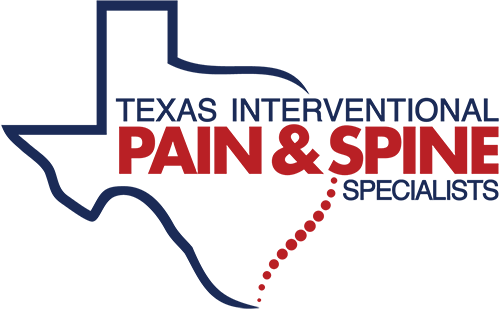Occipital Nerve Blocks
Occipital nerve blocks are a type of injection that can be used to manage pain and inflammation in the occipital nerves, which are located in the back of the head. These injections can be used to treat chronic headaches, neck pain, and other types of pain that originate in the occipital region. In this article, we will discuss how occipital nerve blocks work, the conditions they are used to treat, and the potential risks and side effects associated with this procedure.
The occipital nerves are a pair of nerves that originate from the spinal cord and run through the neck and into the scalp. These nerves provide sensation to the back of the head and can be a source of pain when they become inflamed or damaged. Occipital nerve blocks are used to target these nerves and provide relief from pain and inflammation.
The procedure for an occipital nerve block is typically performed by a medical professional, such as a doctor or nurse practitioner. The patient is given a local anesthetic to numb the area and a small needle is inserted near the occipital nerves. A combination of anesthetic and corticosteroid medication is then injected into the area. The anesthetic provides immediate pain relief while the corticosteroid helps to reduce inflammation and swelling.


Occipital nerve blocks are often used to treat chronic headaches, such as migraines and tension headaches. They can also be used to treat neck pain, scalp pain, and other types of pain that originate in the occipital region. In some cases, occipital nerve blocks may be used as a diagnostic tool to help determine the source of the pain.
There are potential risks and side effects associated with occipital nerve blocks, as with any medical procedure. These may include bleeding, infection, and allergic reactions to the medications used. Additionally, the pain relief provided by the injection may be temporary and additional treatments may be necessary.
In conclusion, occipital nerve blocks are a useful treatment option for managing pain and inflammation in the occipital nerves. They are typically well-tolerated and have a low risk of complications, but it is important to discuss any concerns with a medical professional before undergoing the procedure.
Ready to Live Pain Free?
If you are interested in an ethical, personal and individualized approach to pain treatment, then we are here to help. Please give our office a call at (361) 360-3264. We look forward to helping you restore a more active, joyful and pain free life!
